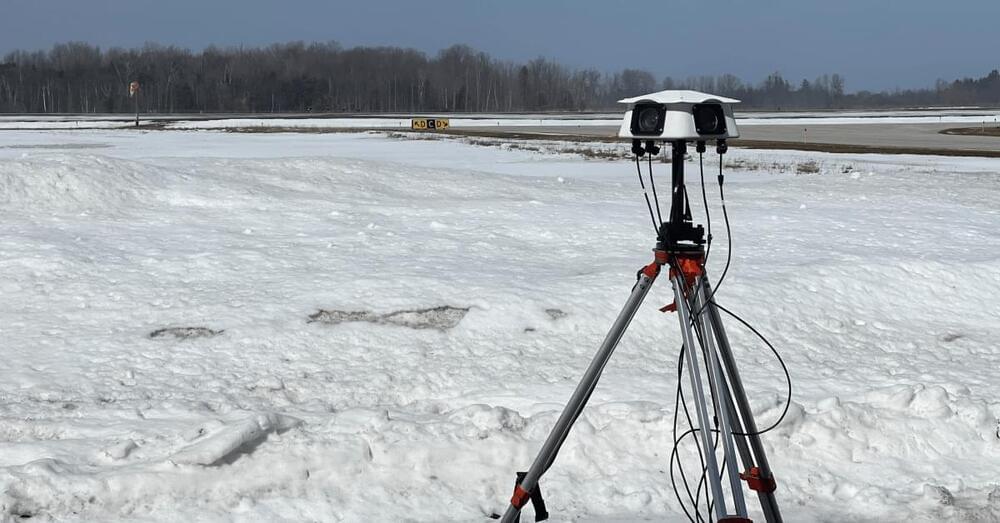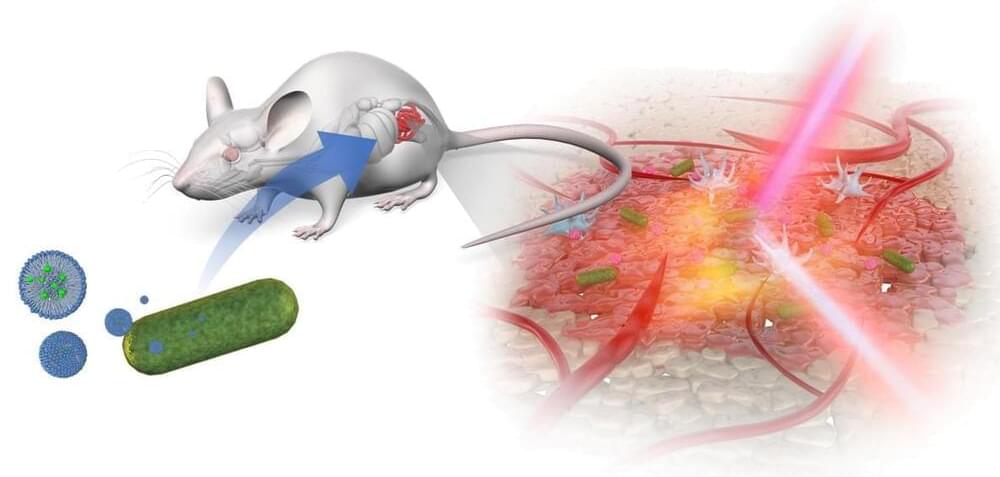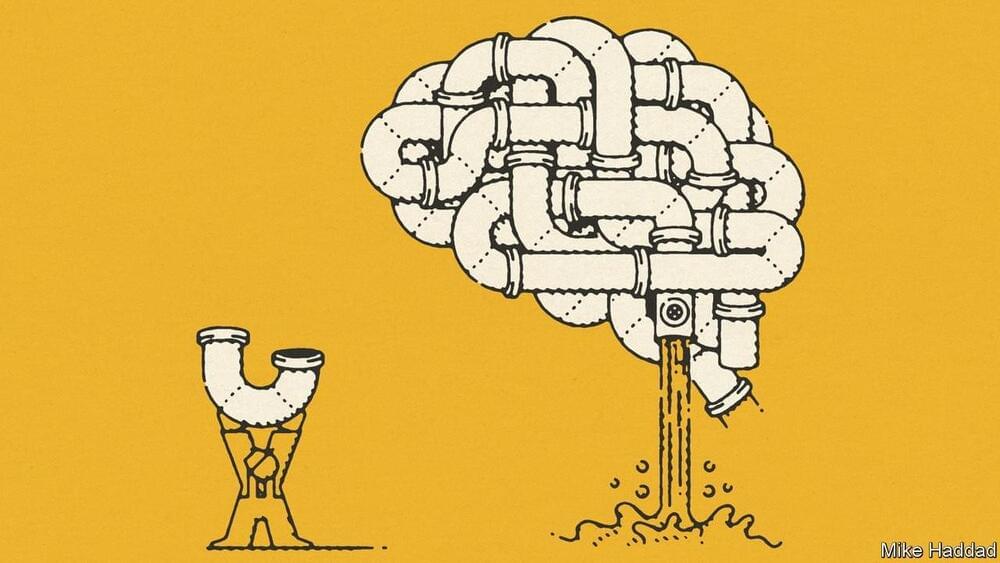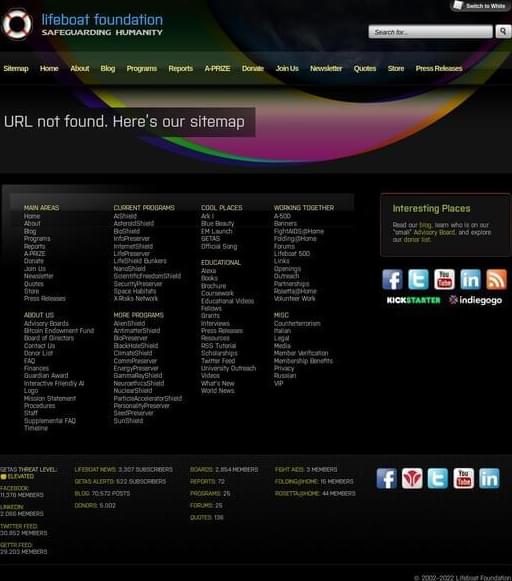
The study also developed an automated diagnostic pipeline to streamline the genomic data— including the millions of variants present in each genome—for clinical interpretation. Variants unlikely to contribute to the presenting disease are removed, potentially causative variants are identified, and the most likely candidates prioritized. For its pipeline, the researchers and clinicians used Exomiser, a software tool that Robinson co-developed in 2014. To assist with the diagnostic process, Exomiser uses a phenotype matching algorithm to identify and prioritize gene variants revealed through sequencing. It thus automates the process of finding rare, segregating and predicted pathogenic variants in genes in which the patient phenotypes match previously referenced knowledge from human disease or model organism databases. The use of Exomiser was noted in the paper as having greatly increased the number of successful diagnoses made.
The genomic future.
Not surprisingly, the paper concludes that the findings from the pilot study support the case for using whole genome sequencing for diagnosing rare disease patients. Indeed, in patients with specific disorders such as intellectual disability, genome sequencing is now the first-line test within the NHS. The paper also emphasizes the importance of using the HPO to establish a standardized, computable clinical vocabulary, which provides a solid foundation for all genomics-based diagnoses, not just those for rare disease. As the 100,000 Genomes Project continues its work, the HPO will continue to be an essential part of improving patient prognoses through genomics.


















